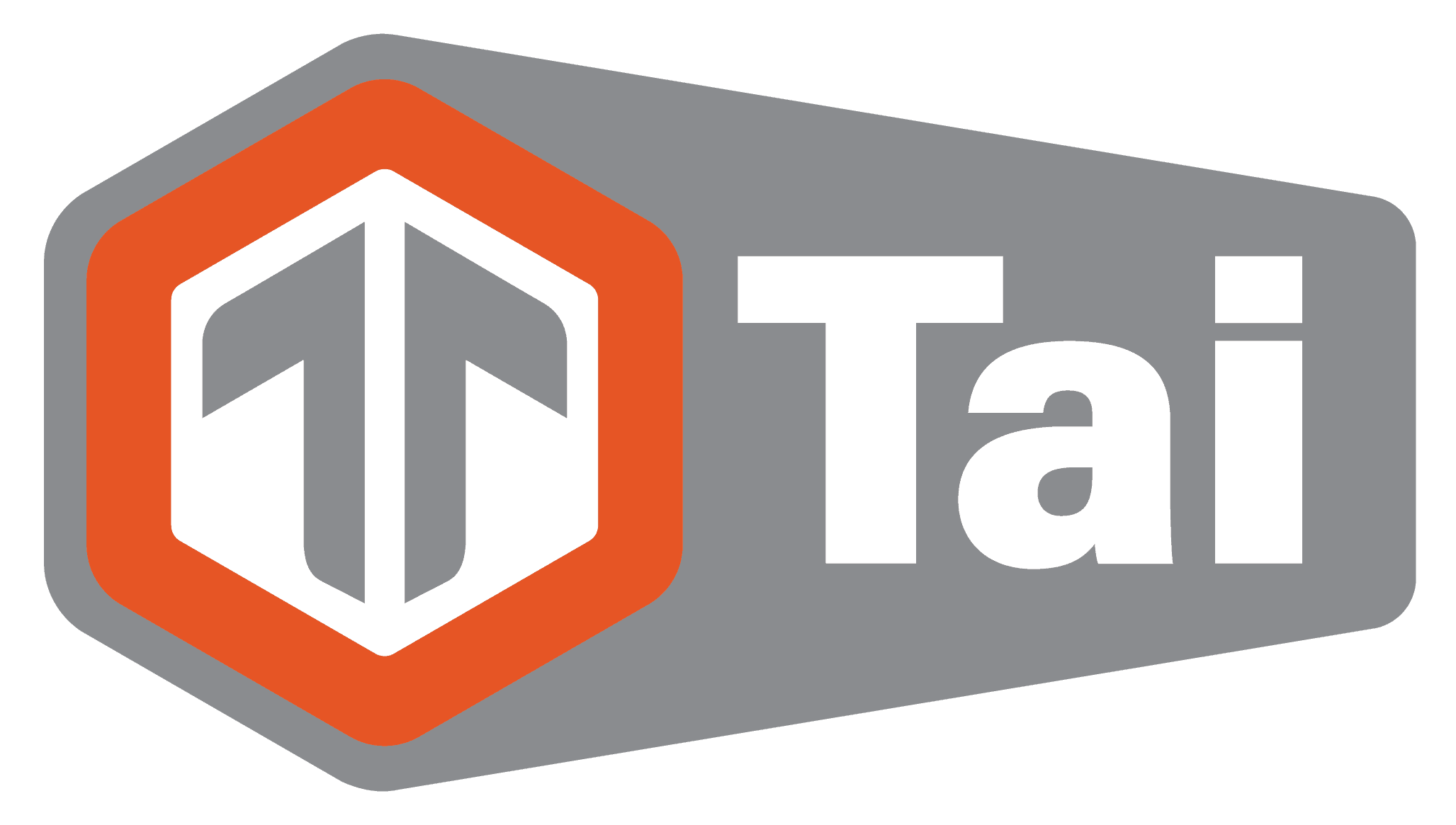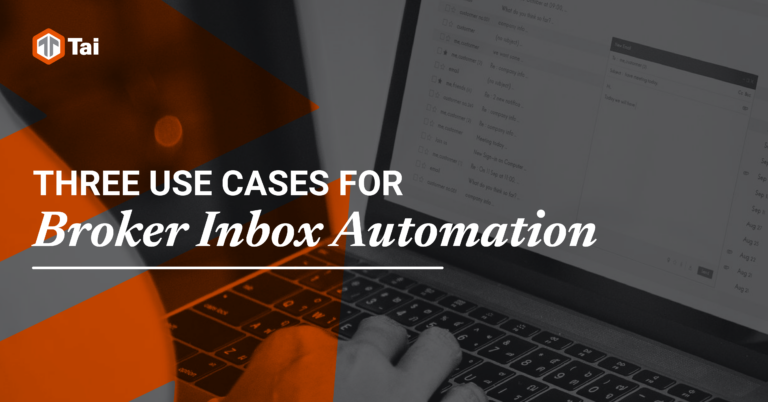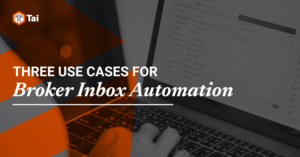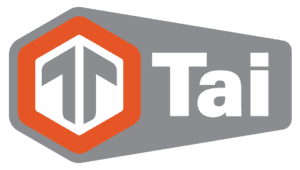If you’ve been around long enough, you’ve probably asked, “How did we ever get along without mobile phones?”
You can substitute your own example. Streaming services. E-commerce. GPS. Google. They’re the kinds of life-altering innovations that make people wonder how life was possible before they existed.
A day like that is coming in the freight brokerage world, and it has to do with the automation delivered by today’s groundbreaking, automated transportation management systems. For many years, freight brokers had no choice but to broker shipping arrangements using imprecise, inefficient methods, if only because there was no alternative.
Today’s leading TMS platforms have changed the status quo entirely. They’ve revolutionized the day-to-day experience of a freight broker in a way that resembles today’s sports fan checking for scores – instantly on their phone – compared with the fan of the 1970s who had to wait for the next day’s newspaper to come out.
The most astonishing thing, though, is not the innovations themselves. It’s that not everyone is using them. The best-in-class TMS offers so many radical benefits over old-style methods like e-mail, it never takes long for a new adopter to realize how life has changed.
Just consider three life-altering impacts:
1. Substantial Time Savings
You’ll often hear Broker’s talk about how they live in their email inbox. They work deals, build quotes, jump to load boards and then back to the inbox. That’s the typical day for many brokers today. When TMS’s were first introduced, they relied on manual data submission in the same fashion, leading to incredibly slow and repetitive work. But the real downside was brokers becoming accustomed to the work. Brokers often tell us what an inconvenience it is to do their jobs using e-mail because they end up having to manually enter all the information into their TMS after they deal with the incoming information.
Brokers tell us it’s not unusual for them to spend two hours or more each day just entering this data into their TMS. What could they do with those two hours? How much better service could they provide for their clients? How much more effectively could they keep an eye on carrier markets if they weren’t spending their time doing data entry? How much more business could they do in a day?
Or, if you want to consider a really radical thought, maybe once in a while they could go home a little earlier.
A broker using the right TMS at the core of their business will save around 11 hours per week simply by utilizing the automations built into the platform.
2. Next Level Inbox Accuracy
We aren’t saying brokers are forgetful. Simply looking at the work they do shows they have to be detail-oriented by nature. That’s not the point. The point is that disparate systems and platforms are not designed to help us remember everything that’s going on.
A quick scan of your average e-mail inbox might show 500 new messages in any given workday. Maybe that’s a lot. Maybe it’s a drop in the bucket. The point isn’t how many of them there are. The point is they all require additional work to properly track, quote, negotiate, respond and all of them are urgent, at least in the mind of the sender.
When you’re a freight broker, you’re receiving e-mails from shippers who need your attention right away. Even if you’re away from your screen for 30 minutes in a meeting, or grabbing lunch, you’ll almost certainly have to thumb through new messages when you get back.
No matter how good you are, something is going to be missed when you have to keep this many balls in the air day after day. You’re going to drop the ball on a quote. You’re going to get a detail wrong. You’re only human and this is inevitable when you aren’t using a system that’s designed to help you keep it all straight.
The right TMS is designed to track, report, highlight, remind and archive your inbox for you. By connecting a centralized TMS, brokers can expect about 97% of their inbox to be automated, meaning the e-mails that don’t get automated are few and far between, making them significantly easier to sift through and work.
3. End-to-End Visibility
The right TMS integrates with all your systems and puts an end to jumping around from screen to screen or system to system. Everything is right in front of you, all in one place.
You see all the major carriers. You see every load board. You see everything your shippers are asking you to do, and you can go directly from quote to delivered to archived without ever having to manually enter data from another platform. Not only is it easier sticking with a single platform, but it also means better tracking.
If a shipper wants you to look for something, you don’t have to keep opening a bunch of programs or e-mails hoping to find it. It’s right there, in front of your eyes.
How much time could this save? How much greater accuracy will this promote?
Now consider the impact on a freight broker’s day-to-day life, just from these three impacts. You can skip checking your e-mails for requests. You can skip going from platform to platform looking for information. And you don’t make mistakes, because the automated TMS doesn’t even allow for the possibility.
There are already freight brokers who are asking the question: “How did we ever do this just relying on e-mail?” And if they’re old enough, they’re asking the same question about requests taken by phone.
Then there are the freight brokers who aren’t asking that question yet, but soon will be – assuming they adopt automation soon enough to stay in business.
Choosing the Right TMS: A Strategic Decision for Your Freight Brokerage Success
While there are numerous TMS solutions in the market, it’s crucial to choose one that aligns with your business needs. Look for a system that is easy to use, integrates with your existing technology, and offers robust support and continuous updates. A good TMS is more than just software; it’s a strategic partner that can help you drive your freight brokerage business forward. It provides the foundation for efficient, customer-focused, and profitable freight brokerage operations – today, tomorrow, and well into the future.










